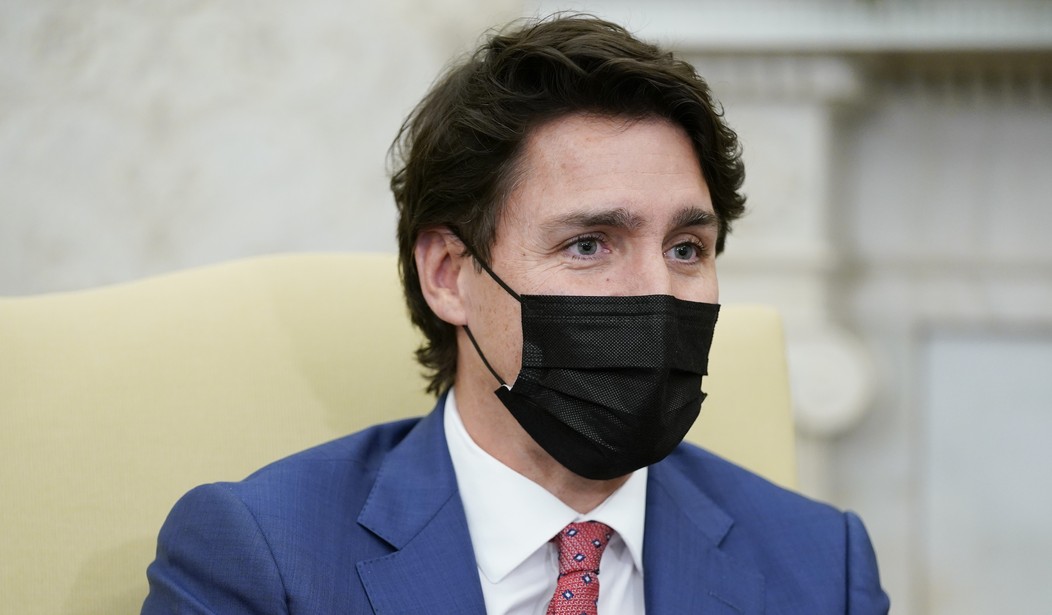Back in January of this year, the Canadian province of Quebec announced a plan to impose a tax on the unvaccinated. Officials there claimed that most of the impacts on the healthcare system were being caused by unvaccinated people and that the vaccinated should not be made to shoulder the costs. The following month, after a large outcry from the public, the plan was scrapped. But the government never gave up on the idea entirely. Some are still suggesting that the plan could be retooled and brought up for consideration again.
In case that idea moves forward in a substantial way, we should take a look back at how things played out last time. We can also revisit what some of the people involved in the debate, including that country’s largest medical associations, were saying about it. This article in the Canadian Medical Association Journal from January 31st explored some of the pros and cons in a far more calm and civil manner than I would have managed.
Quebec’s recent move to tax people who refuse COVID-19 vaccinations reopened debate about the merits of such penalties.
Premier François Legault said that choosing to remain unvaccinated has consequences for the health care system and not all Quebecers should foot the bill.
Roughly one in 10 adults in Quebec remain unvaccinated, yet they account for an outsized share of COVID-19 hospitalizations and about half of all intensive care patients.
With hospitals postponing surgeries and some 20 000 health workers sick with COVID-19, fining those who refuse vaccinations becomes “a question of fairness,” Legault said.
The explanations offered by the Canadian government (primarily) and supporters of the Trudeau administration were presented in the blandest manner possible and portrayed as simple common sense. They admitted that a tax, along with other strongarm tactics such as restricting movement and threatening people’s livelihoods, might cause some of the people opposed to the vaccines to become more entrenched and defiant. But others they defined as being “fence-sitters” or merely “hesitant” would feel compelled to take the shots.
They clearly weren’t worried about the people in the former category. They were being identified as “part of the problem” and what happened to them really wasn’t a concern for the “good people” who were getting vaccinated. Trudeau and the government in Quebec also pointed to the fact that the policies had worked. Quebec saw a 400% increase in daily vaccinations when it was announced that a vaccine passport would be required to access liquor and cannabis stores. They saw a similar jump when the tax plan was announced.
It seemed to go unmentioned that many of those people still didn’t want to be vaccinated, but the government was effectively blackmailing them into doing it rather than persuading them, as other experts suggested would be the proper course. Presented with a choice between agreeing to a medical procedure they did not trust or losing their ability to earn a living or travel in public, many people took the chance because the alternative could have been even more damaging.
But if Canada is really crazy enough to take a fresh look at this policy, what will they say to all of the people who resisted but were eventually forced to take the vaccines in light of more recent news? Keep in mind that many European nations have now stopped offering the vaccines to all but the oldest and the most at-risk. These nations include Denmark, Germany, France, Ireland, Norway, Italy, Spain and Sweden. Others are considering similar policies as the dangerous side effects of the vaccines for some groups become more apparent. (And that news is finally being allowed to reach the public without immediately being censored.)
If you are fired from your job, you might find a new avenue of employment later. If the government takes some of your money, you may be able to make up for the loss in the future. But once you’ve been injected with these experimental vaccines, you can never be “unvaccinated.” And if you or one of your children suddenly develop a potentially fatal case of Myocarditis, your lives aren’t going to simply “go back to normal.” And it’s worth noting that even the American government is now finally admitting that the new mRNA vaccines will not prevent you from being infected or spreading the virus to others. They just reduce the worst effects of the disease for most people. (I finally caught it in September and managed to make it through to the other side, though I still don’t fully have my senses of taste and smell back.)
The virus is here to stay and it will likely keep morphing into new variants as the seasons go by. In that regard, it’s pretty much the same as the flu at this point. Let’s not return to the craziness of 2020 and 2021, shall we? Making mistakes when we are ignorant of all of the facts about something new is excusable. Continuing to do so after more facts are known is not.








Join the conversation as a VIP Member